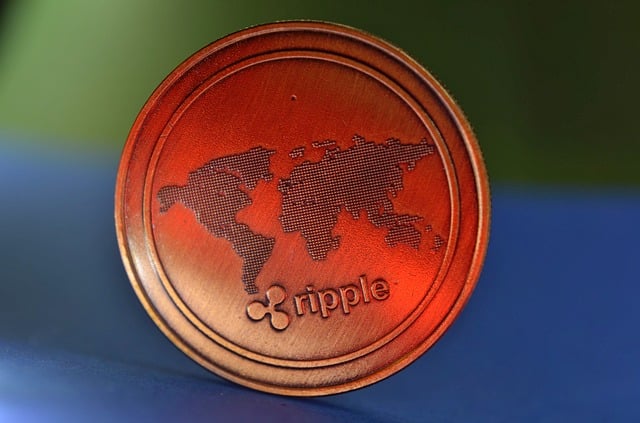
- Ripple has contested the SEC’s proposed $2 billion fine as excessive, citing the recent $4.47 billion settlement with Terraform Labs as a basis for a lower penalty.
- The legal battle, stemming from allegations that Ripple used XRP as an unregistered security, has become a significant point of contention in the crypto industry, with implications for future regulatory decisions.
In a recent development in the ongoing legal battle between Ripple Labs and the U.S. Securities and Exchange Commission (SEC), Ripple has pushed back against the SEC’s proposed $2 billion fine, claiming it to be unreasonable in light of recent legal precedents.
The Legal Standoff
On June 13, Ripple’s legal team filed a notice of supplemental authority in the US District Court for the Southern District of New York. The filing cited the SEC’s settlement with Terraform Labs, which amounted to $4.47 billion, arguing that the SEC’s proposed fine against Ripple is excessive by comparison. James Filan, one of Ripple’s defense attorneys, released a PDF copy of the filing, emphasizing the scale and impact of the settlement.
The Argument for a Lower Penalty
Ripple’s lawyers are advocating for a significantly lower penalty, suggesting a cap of no more than $10 million. They pointed to the SEC’s previous settlements with other entities, where penalties ranged from 0.6% to 1.8% of the defendant’s gross revenues. They argue that these settlements set a precedent that the SEC should follow in Ripple’s case.
“As Ripple’s opposition explained, in comparable (and even in more egregious) cases, the SEC has agreed to civil penalties ranging from 0.6% to 1.8% of the defendant’s gross revenues,” stated Ripple’s lawyers in the filing.
The legal representatives further argued that Terraform Labs’ settlement confirms the disproportionate nature of the SEC’s request and that the appropriate civil penalty should not exceed $10 million. They emphasized that Terraform’s settlement does not include any allegations of fraud, making the SEC’s demand against Ripple even more contentious.
Background of the Ripple-SEC Case
The SEC initiated its case against Ripple in December 2020, alleging that the company used its XRP token as an unregistered security to raise funds. This case has become one of the longest-running legal disputes in the crypto industry. A significant ruling occurred in July 2023, when Judge Analisa Torres determined that XRP was not a security in relation to its programmatic sales on exchanges.
In October 2023, the SEC moved to dismiss its case against Ripple CEO Brad Garlinghouse and executive chairman Chris Larsen, but Judge Torres rejected the motion. The trial, initially scheduled for April, was adjourned without a resumption date in October 2023.
As the legal battle continues, Ripple’s filing reflects the company’s determination to contest what it considers an excessive penalty. The outcome of this case will likely have far-reaching implications for the crypto industry, potentially setting legal precedents for how digital assets are classified and regulated.
The Road Ahead
While the trial’s resumption remains uncertain, the outcome will undoubtedly be closely watched by industry participants and regulators alike. The decision could influence how future cases involving cryptocurrencies and securities laws are prosecuted and defended.
This filing is just the latest chapter in a long and complex legal saga that continues to unfold. As Ripple and the SEC maneuver through the legal process, the crypto community waits to see how this landmark case will ultimately be resolved.




